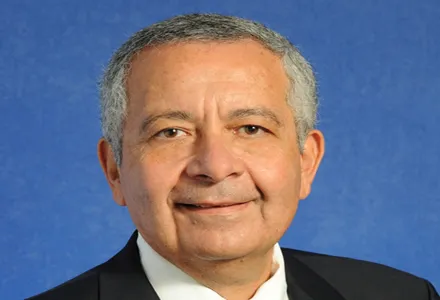For 10 days in October, more than 40 highway engineering professionals from 14 different countries congregated in Orlando, Florida, USA. With lecturers from The Netherlands, Finland, New Zealand, Canada and the US the group discussed the specifics about how to effectively write, implement and enforce performance-based contracts.
The level of sophistication of these types of contracts vary around the world; some construction and maintenance contracts have been in force for over a decade, while other regions have yet to plan their first contract. The International Road Federation (IRF) brings together these individuals to share innovative ideas, discuss case studies and learn the best techniques to help ensure success.
Case studies from Brazil and Argentina served as models for agencies in attendance.
Attendees were able to appreciate the challenges in relating with contractors as well as setting benchmarks for evaluation and considering risk in project implementation.
In addition World Bank officials stressed the need for both owners and contractors to have the needed technical know-how for PBC contracts to be successful. Building local capacity is essential in this regard.
The United States Federal Highway Administration provided some detailed insight into fraud and corruption, including how to boost awareness and education among the general public in affected regions.
Writing a performance-based contract effectively requires that both the contractor and asset owner become partners. Participating in discussions led by private contractors helped the attendees of this course see both sides of the contract and attain good understanding of the essentials of sharing risk.
For more details on this course and other IRF Training Events, visit %$Linker:






